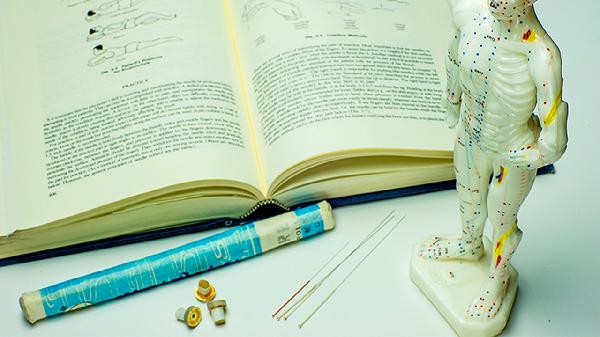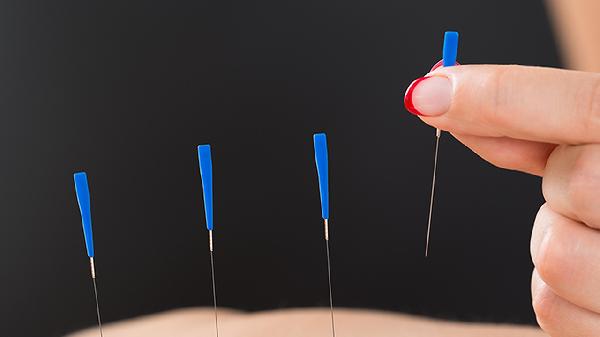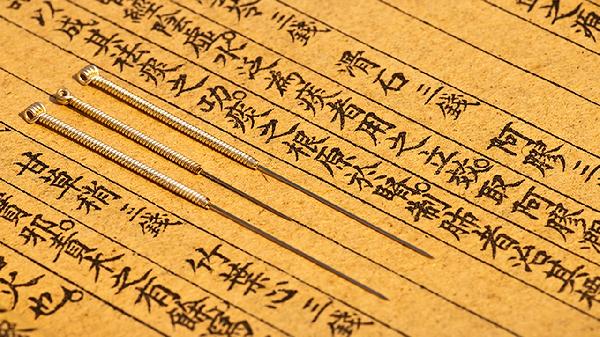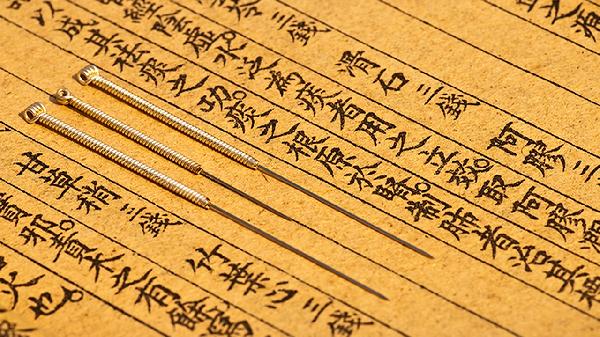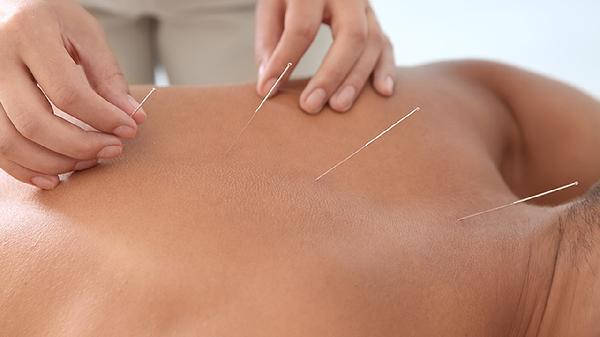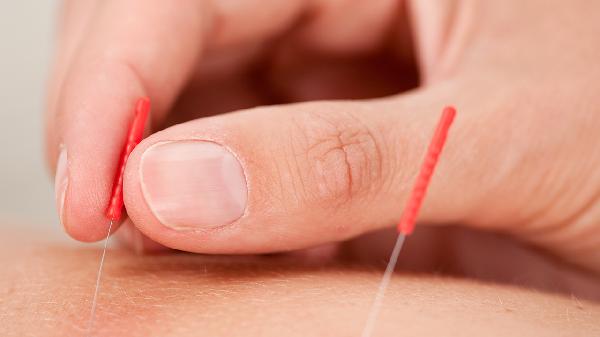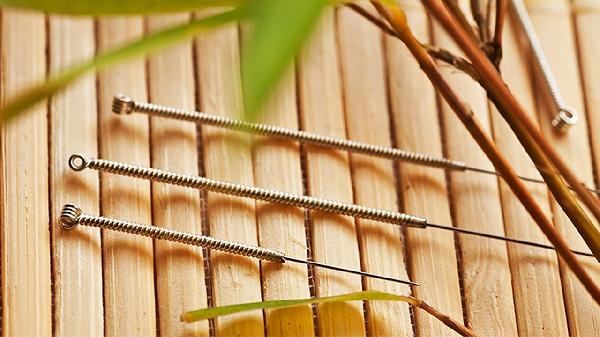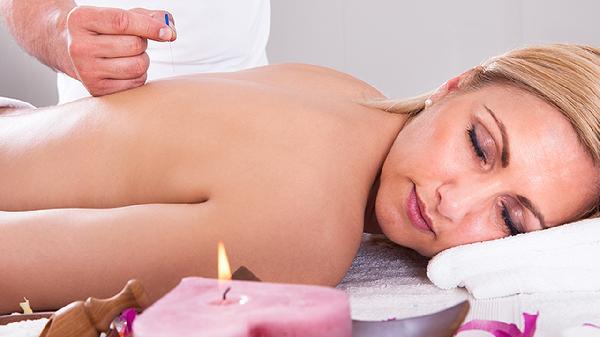Yes, acupuncture can potentially help with tinnitus by improving blood circulation, reducing stress, and addressing underlying imbalances in the body. While results vary from person to person, many individuals report a reduction in the severity or frequency of tinnitus symptoms after acupuncture treatments.
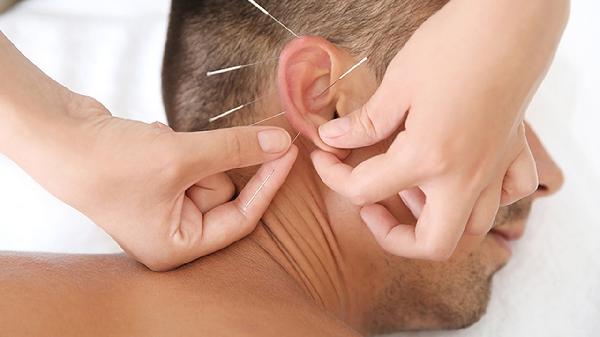
Understanding Tinnitus and Its Causes
Tinnitus is the perception of ringing, buzzing, or other sounds in the ears without an external source. It can be caused by a variety of factors, including hearing loss, ear infections, exposure to loud noises, stress, or underlying health conditions such as high blood pressure or temporomandibular joint (TMJ) disorders. For some, tinnitus is a temporary annoyance, while for others, it can be a chronic and debilitating condition.
How Acupuncture Works for Tinnitus
Acupuncture, a traditional Chinese medicine practice, involves inserting thin needles into specific points on the body to stimulate energy flow, or "qi." For tinnitus, acupuncture aims to address the root causes of the condition, such as poor circulation, stress, or imbalances in the body. By targeting specific acupuncture points, practitioners seek to improve blood flow to the ears, reduce inflammation, and promote relaxation, which may alleviate tinnitus symptoms.
Scientific Evidence Supporting Acupuncture for Tinnitus
While research on acupuncture for tinnitus is still evolving, some studies suggest it may be beneficial. For example, a study published in the Journal of Acupuncture and Meridian Studies found that acupuncture significantly reduced tinnitus severity in participants. Another study in the International Journal of Clinical and Experimental Medicine reported improvements in both tinnitus symptoms and quality of life after acupuncture treatment. However, more large-scale, randomized controlled trials are needed to confirm these findings.
What to Expect During an Acupuncture Session
During an acupuncture session for tinnitus, a licensed practitioner will assess your symptoms and medical history to determine the most effective treatment plan. The practitioner will then insert thin, sterile needles into specific acupuncture points, often around the ears, neck, and head. The process is generally painless, and many people feel a sense of relaxation during the session. Treatment frequency and duration vary depending on the severity of your tinnitus and your response to therapy.
Complementary Therapies to Enhance Acupuncture’s Effects
Combining acupuncture with other therapies may enhance its effectiveness for tinnitus. For example, stress management techniques such as meditation, yoga, or deep breathing exercises can help reduce the psychological impact of tinnitus. Additionally, dietary changes, such as reducing caffeine and salt intake, may improve symptoms. Some individuals also benefit from sound therapy, which uses white noise or other soothing sounds to mask tinnitus.
Potential Risks and Considerations
While acupuncture is generally safe when performed by a licensed practitioner, it’s important to be aware of potential risks. These may include minor bruising, soreness, or bleeding at the needle insertion sites. If you have a bleeding disorder or are taking blood thinners, consult your healthcare provider before trying acupuncture. Additionally, acupuncture may not be suitable for everyone, and results can vary. It’s essential to manage expectations and consider acupuncture as part of a comprehensive treatment plan.
Tips for Finding a Qualified Acupuncture Practitioner
To ensure a safe and effective acupuncture experience, choose a licensed and experienced practitioner. Look for someone who specializes in treating tinnitus or ear-related conditions. You can ask for recommendations from your healthcare provider, read online reviews, or check credentials through professional organizations such as the National Certification Commission for Acupuncture and Oriental Medicine (NCCAOM).
When to Seek Medical Attention
While acupuncture may help manage tinnitus symptoms, it’s important to consult a healthcare provider if your tinnitus is sudden, severe, or accompanied by hearing loss, dizziness, or pain. These symptoms could indicate an underlying medical condition that requires prompt attention.
A Holistic Approach to Managing Tinnitus
Managing tinnitus often requires a holistic approach that addresses both the physical and emotional aspects of the condition. In addition to acupuncture, consider incorporating lifestyle changes, stress management techniques, and other therapies into your routine. Remember, tinnitus is a complex condition, and what works for one person may not work for another. Be patient and open to trying different approaches to find what works best for you.
Final Thoughts
Acupuncture offers a promising, non-invasive option for managing tinnitus, particularly for those seeking a natural approach. While it may not cure tinnitus, it can help reduce symptoms and improve quality of life for many individuals. If you’re considering acupuncture, consult a qualified practitioner and discuss your goals and expectations. With the right approach, you can take meaningful steps toward managing tinnitus and regaining a sense of peace and well-being.
